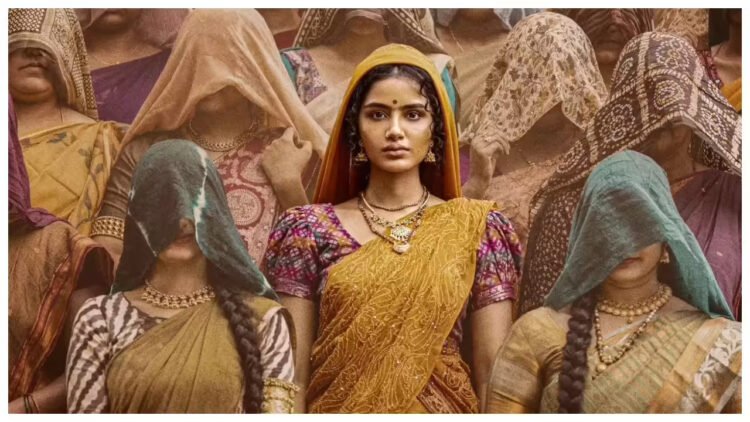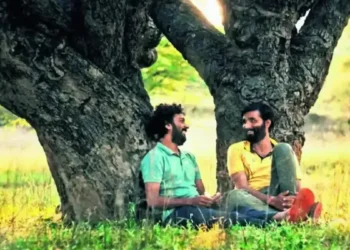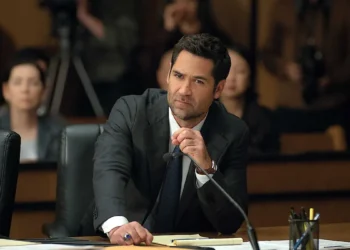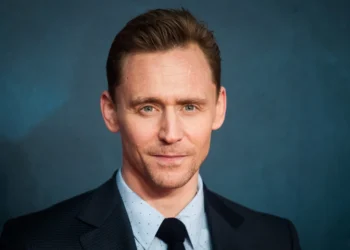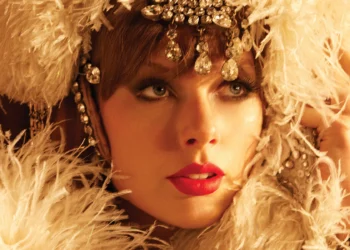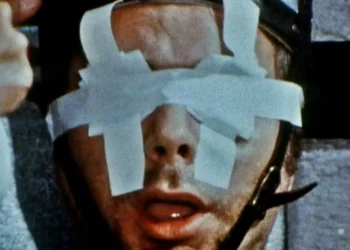During the promotional campaign for Paradha, lead actress Anupama Parameswaran boldly stated, “Only watch our film if the reviews resonate with you.” Backed by this confidence, the team released the movie on August 22, following early previews two days prior. Helmed by director Praveen Kandregula, this women-centric drama features Anupama in the lead, supported by Sangitha and Malayalam star Darshana Rajendran in pivotal roles.
Story
The movie begins with Padati’s grand festival for Goddess Jwalamma. A shadow puppet performance swiftly explains the cruel tradition of forced veiling. From there, Subbu’s romance unfolds, leading to her engagement, the unforeseen crisis, and her desperate escape alongside two other women to Dharamshala.
Set in the secluded village of Padati, every woman is compelled to conceal her face behind a Paradha (veil). The reason? A rigid tradition dictates that if a woman’s veil is accidentally removed, she must offer her life to the village deity, Jwalamma.
Subbu (Anupama Parameswaran) and Rajesh (Ragh Mayur) are deeply in love, and their families approve their marriage. However, on their engagement day, a photograph of Subbu stirs up chaos. The village elders condemn her to ritual sacrifice, dismissing her pleas of innocence. Determined to survive, Subbu escapes with Ratna (Sangitha) and Amishta (Darshana Rajendran) to Dharamshala. What drives them there? And does Subbu ultimately shatter the oppressive Paradha? The rest of the film unveils the answers.
Performances
Anupama Parameswaran delivers a compelling performance, seamlessly transitioning from vulnerability to resilience. Sangitha as Ratna balances emotional depth with light-hearted moments, while Darshana Rajendran’s Amishta connects with women who prioritize self-reliance over societal norms.
The supporting cast, including Ragh Mayur and Sudhakar Reddy (Balagam fame), delivers solid performances.
Behind the scenes
The cinematography enhances the film with its striking visuals, and the background score, though occasionally overpowering, complements the narrative. The production quality is commendable, and director Praveen Kandregula—known for Cinema Bandi and Shubham—proves his storytelling prowess with this layered, thought-provoking film.
Final Verdict
In an era dominated by male-centric narratives, Paradha boldly stands out as a female-driven film with a powerful social message—where the story itself takes center stage.
Paradha underscores how, despite societal advancement, regressive superstitions still shackle women in certain communities. Subbu’s defiance of blind faith—risking everything for freedom—forms the film’s emotional core.
Symbolism plays a crucial role: Subbu, initially paralyzed by fear of heights, later conquers Everest—a metaphor for her transformation. Her face remains veiled throughout, making the climactic moment when she removes it (accompanied by a butterfly motif) deeply moving.
Ratna, representing the struggles of married women, and Amishta, embodying independence, are well-etched characters. A brief but impactful performance by Rajendra Prasad in the latter half adds emotional weight. The visually arresting climax, where Subbu burns the deity’s attire to jolt the villagers awake, leaves a lasting impression.
Paradha isn’t a typical commercial film. It’s a socially conscious, female-led drama with stellar performances and a resonant message. While it may not cater to mass tastes, women, in particular, will find it deeply emotional and empowering. If you appreciate meaningful, woman-centric storytelling, Paradha is a must-watch.


